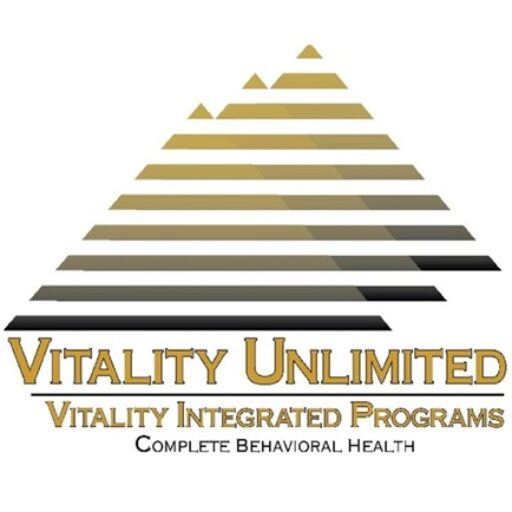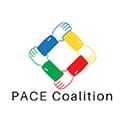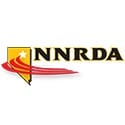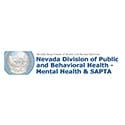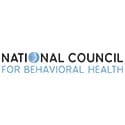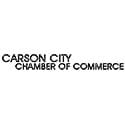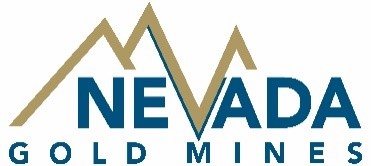FAQ
Crisis Lines
Available 24/7/365
Elko: 775-777-8477
Carson City: 775-461-0025
Dayton: 775-241-9442
Reno: 775-322-3668
Q. What is behavioral health?
Behavioral health encompasses a person’s mental and physical health as well as their lifestyle, substance use, patterns of behavior, interpersonal relationships and more.
Q. Do I need to continue treatment after I complete residential?
Our recommendation for success in early recovery is to be engaged in treatment for a minimum period of 90 days to one year.
Q. Where do I get an application to Vitality Unlimited treatment facilities?
You will find our applications here.
Q. What does co-occurring mean?
Co-occurring disorders, also known as dual diagnosis or comorbidity, refer to the simultaneous presence of two or more mental health conditions or substance use disorders in an individual.
Q. I'm worried that my child may have a substance use problem but how can I tell?
Different substances lend themselves to different groups of symptoms. The most noticeable symptom in all cases is a change, sometimes a radical one, in behavior, such as personality changes that include abrupt changes in work or school attendance, quality of work, work output, grades, discipline
Other physical signs of substance use disorder are slurred speech, memory impairment, lack of coordination, an inability to focus attention.
Q. What is recovery (being clean and sober)?
Recovery is a process utilizing treatment, skills learned and healthy activities to return the person, and their body, to normal and productive functioning.
Q. Are alcohol and drug treatment programs covered by insurance?
Many insurance policies do cover residential and outpatient substance use treatment programs, but there is a lot of variability between insurance companies regarding how much and which programs they cover. The best way to begin the search for a substance use disorder treatment facility is to check with your insurance company to see what facilities they cover. Vitality Unlimited now accepts Medicare, Nevada Medicaid and is contracted with a variety of insurance carriers. Vitality Unlimited accepts all clients regardless of their ability to pay.
Q. What happens in treatment?
Substance use disorders and behavioral health issues are chronic relapsing diseases. Treatment is unique to each individual. It is a process of beginning self-discovery, using skills learned to enhance one’s future life and remain emotionally stable, sober and drug free.
